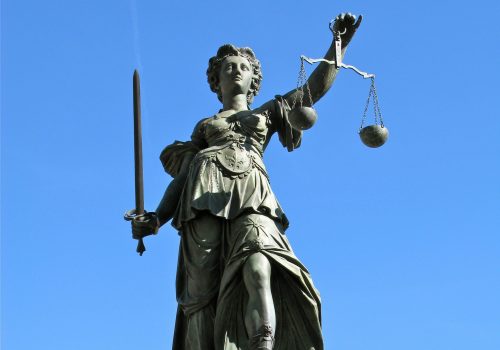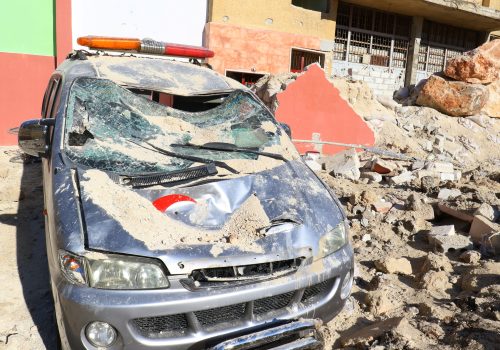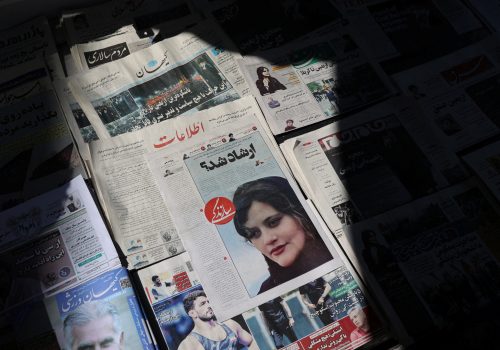Holding the Islamic Republic of Iran accountable for atrocity crimes
With little to no prospect for accountability within Iran’s domestic courts, victims and survivors of serious violations of international law are turning toward an increasing number of foreign jurisdictions—most commonly in Europe and North America, but also in Latin America, Africa, and other regions—to pursue justice for human rights violations carried out by the Islamic Republic of Iran. Under the principle of universal jurisdiction, certain domestic justice systems allow prosecutions in national courts for crimes committed abroad, regardless of the victim’s or perpetrator’s nationality.
Universal jurisdiction stems from the concept that certain crimes are of such gravity that they harm the international community as a whole, so national courts outside the country where the violations took place may prosecute them to protect the international order. Although the crimes subject to universal jurisdiction provisions differ by state, they generally include crimes against humanity, torture, war crimes, and genocide. Limitations on universal jurisdiction also vary between states, however, as do the processes for filing complaints and procedures for investigations, trials, and appeals.
As was shown by the trial and conviction of Hamid Noury in Sweden for his involvement in the massacre of Iranian political prisoners in 1988, national prosecutions of international crimes can be a fruitful avenue to justice for victims of the Islamic Republic. To this end, the Atlantic Council’s Strategic Litigation Project has compiled a guide to aid practitioners and independent investigators in navigating the legal systems of European states with the highest likelihood of prosecuting Iranian human rights violators. Focusing on five states—France, Germany, the Netherlands, Sweden, and Switzerland—this manual outlines the crimes and violations subject to universal jurisdiction, best practices for investigating and documenting crimes, and processes for requesting investigations and participating in prosecutions as a victim, witness, or NGO. For information that is beyond the scope of this manual, the annex includes printed resources to consult and organizations to contact for additional assistance.
For media inquiries, please contact press@atlanticcouncil.org.
Related content
Image: Lady Justice Statue, Law Reform Legislative reform concept with lady justice statue. 3d illustration.


